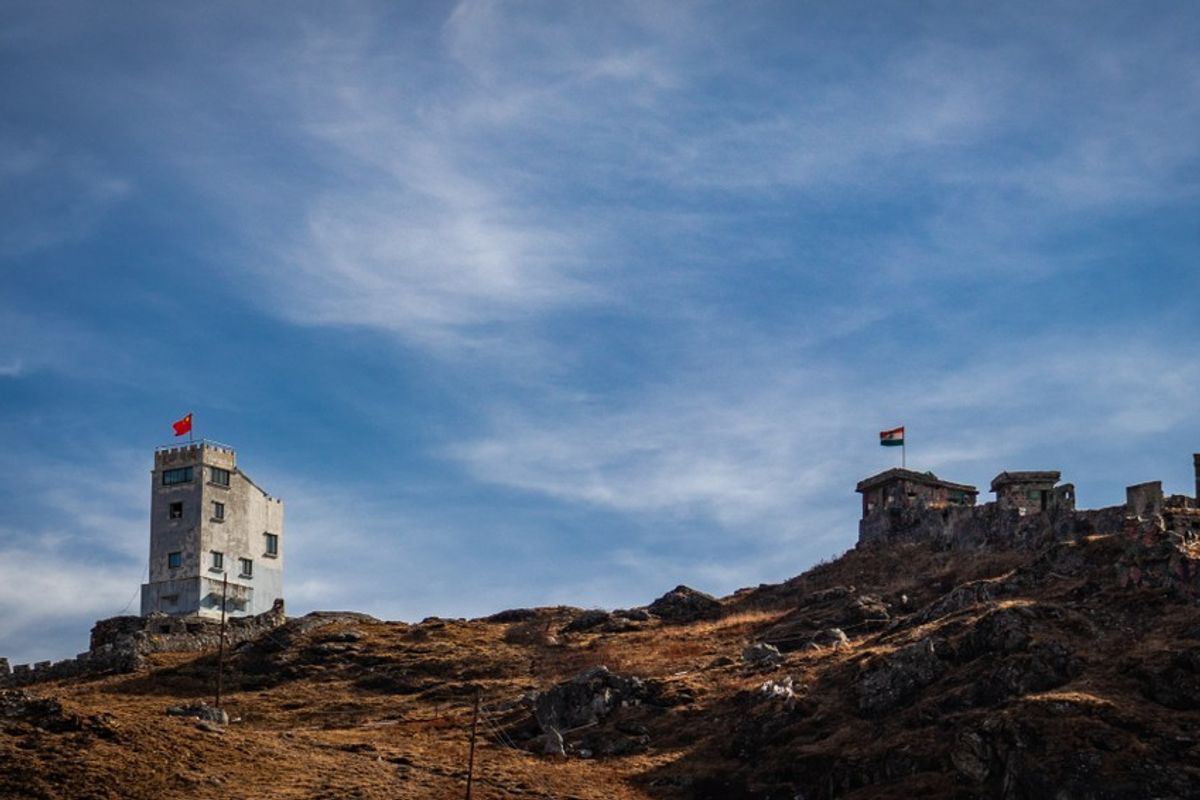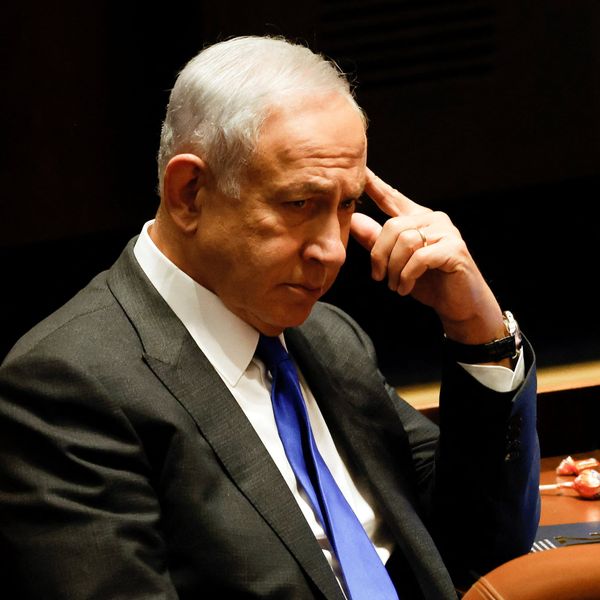India and China begin troop withdrawal in major step to resolve Himalayan face-off
New military agreement signals progress as India and China pull back troops from contested border areas, aiming to mend diplomatic and economic ties.
Reuters
News Agency Partner
Reuters is a leading source of news and information, delivering fact-based reporting and expert analysis on international events and trends.

The Himalayan border between India and China is characterized by ongoing territorial negotiations.
Shutterstock
India and China have started implementing an agreement to end a military standoff on their disputed Himalayan border, the two sides announced on Friday, marking the most significant thaw between the two countries since deadly clashes between their armies four years ago.
Troops who had been standing face-to-face at two strategic points along the western Himalayan frontier have begun pulling back, according to an Indian government source, signaling an end to the prolonged standoff.
Earlier this week, the nuclear-armed neighbors reached a landmark agreement on border patrolling, clearing the way for the first formal talks in five years between President Xi Jinping and Prime Minister Narendra Modi on the sidelines of a regional summit in Russia.
"According to the recently agreed solution between India and China...their frontline armies are implementing relevant work, with smooth progress so far," stated Lin Jian, a spokesperson for China’s foreign ministry, on Friday.
In New Delhi, a government official familiar with the details confirmed that troops on both sides had started withdrawing from the Depsang and Demchok areas, the last remaining points of direct confrontation. The source spoke anonymously, as they were not authorized to speak publicly on the issue.
India’s foreign ministry did not immediately respond to a request for comment.
While neither side has disclosed specific details of the new agreement, the arrangement is anticipated to improve political and economic relations strained by the deadly 2020 clashes, when 20 Indian and four Chinese soldiers lost their lives in the Galwan Valley.
Prior to this, the two sides had already withdrawn troops from five other conflict points, with the most recent troop pullback occurring more than two years ago.
Cautious economic easing
On Wednesday, Xi and Modi agreed to enhance communication and cooperation to aid in conflict resolution. However, Indian officials remain cautious and have signaled that New Delhi is prepared to proceed gradually in restoring economic ties with Beijing, given the trust deficit of the last four years.
India had previously blocked direct flights with China, banned hundreds of Chinese mobile applications, and added stringent vetting requirements for Chinese investments, effectively stalling proposals from major companies like BYD and Great Wall Motors.
Two Indian government sources indicated that India may now consider reopening air travel and fast-tracking visa approvals as part of recent efforts to ease tensions. Still, New Delhi is not ready to reverse all restrictive measures against Beijing in the near term.
The two countries, which went to war in 1962 over their undemarcated border, have long been at odds over territorial issues that remain a persistent source of friction in bilateral ties.







Comments
See what people are discussing